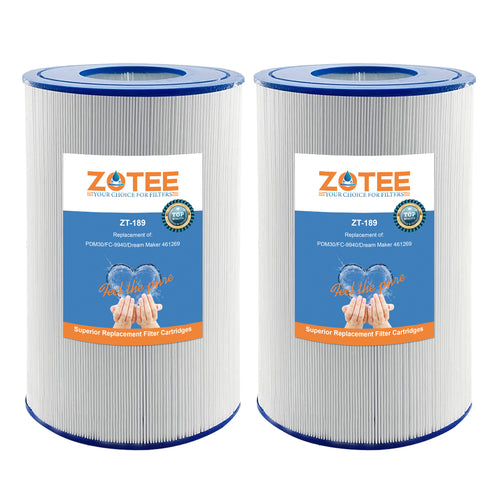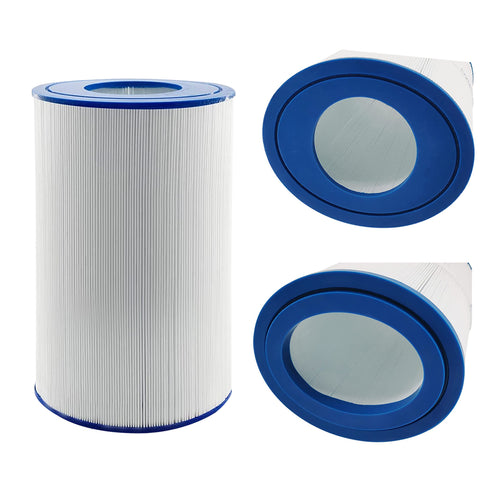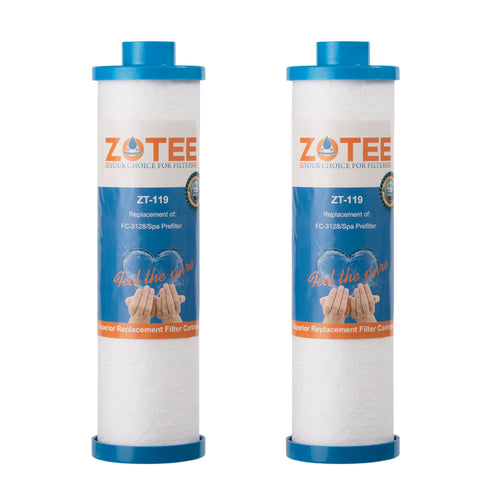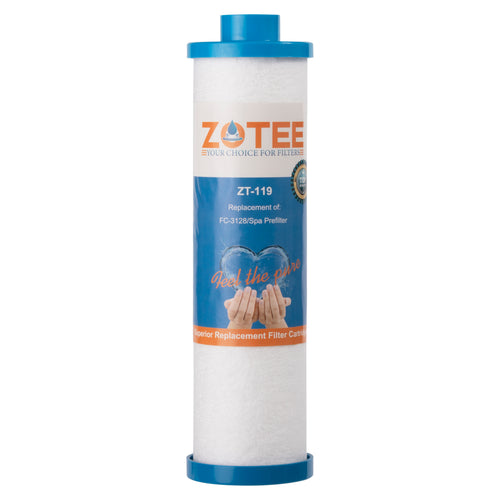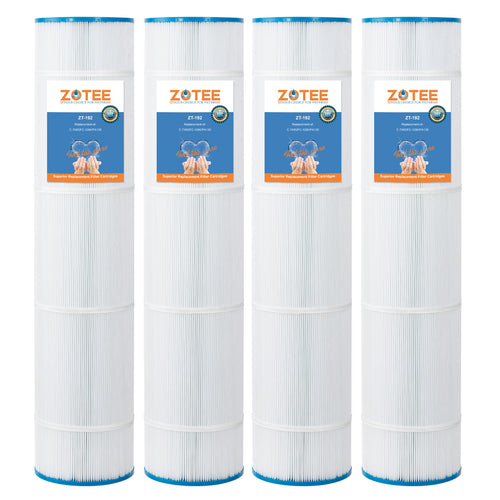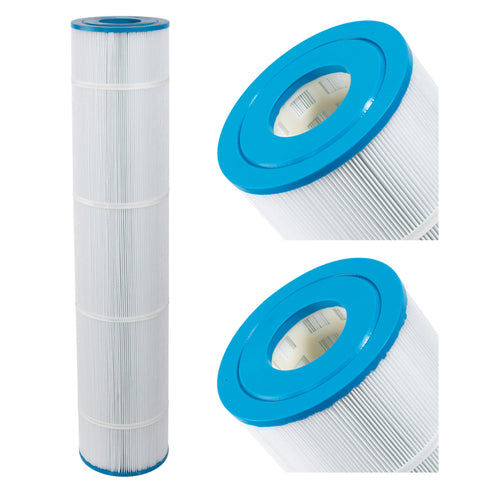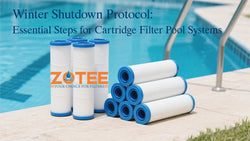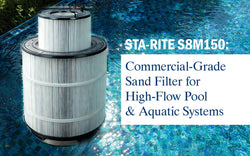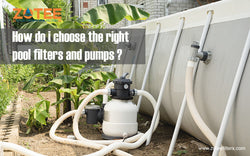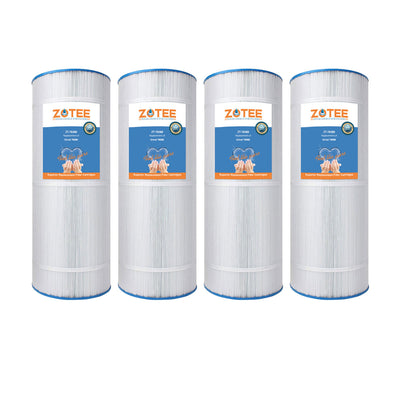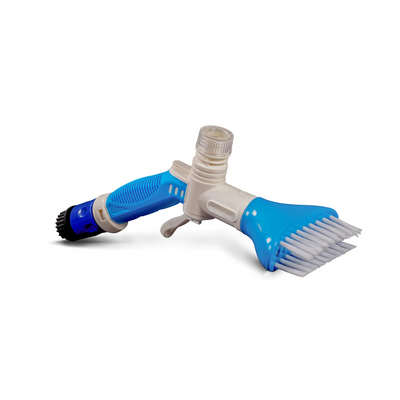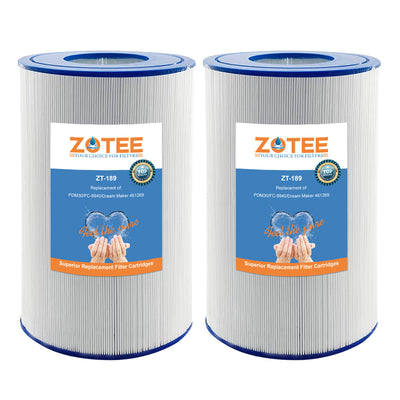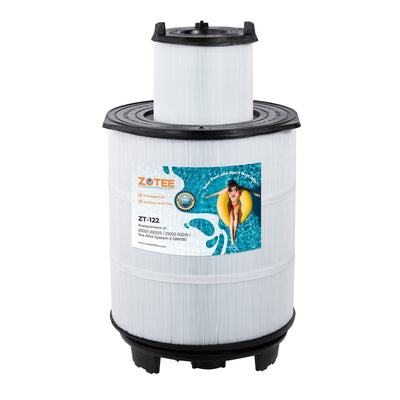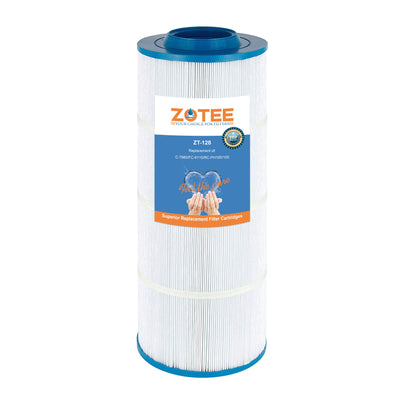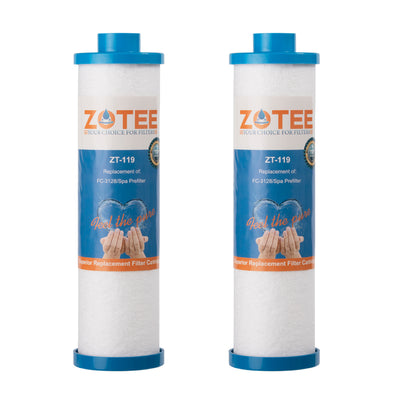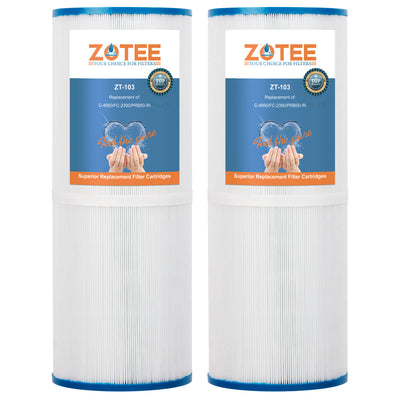What is DE Pool Filters?3 Points You must Know

DE filters are the most efficient pool filters available, using a fine powder made of diatomaceous earth (DE) as the filtering medium. DE is a powder made from the fossilized remains of diatoms, the microscopic skeletal remains of algae. The DE powder covers the filter grids or screens inside the filter, creating an efficient filtering medium capable of filtering particles as small as 1 to 3 microns, removing debris that sand and cartridge filters cannot.

DE filters also require regular backwashing and replenishment of DE powder. They are the most expensive among all filters and are commonly found in commercial pools or situations where water clarity is of utmost importance. They are associated with their high level of dirt capture, leaving behind clear and transparent pool water.
The Working Principle of DE Filters
DE filters combine mechanical and microfiltration to achieve outstanding water clarity. DE filter powder is poured into the skimmer and introduced into the filter. The powder then covers the fiber-coated grids. This results in a layer of DE powder covering the filter grids or screens inside the filter housing. As pool water passes through the filter, the DE powder captures particles and impurities, including the smallest debris such as fine dust, pollen, bacteria, and algae. The filtration process results in exceptionally clean and clear water.

DE filters also require regular cleaning or backwashing to remove accumulated debris and refresh the DE powder layer. This is because they clog faster than sand and cartridge filters. This is due to the low filtration precision of the DE filter medium, which can capture large, medium, small, and extremely small dirt particles. After backwashing, a fresh layer of DE powder must be added to the filter for optimal filtration.
Top DE pool filters (such as the Hayward ProGrid DE filter) come with pressure gauges on the tank to indicate the pump's speed. When the DE filter medium becomes clogged with dirt, the pressure gauge on the filter tank will rise, and your pump may become noisy.
When the pressure gauge rises by 8 to 10 psi, it is time to backwash the DE filter. If you find that the backwashing cycle reduces to less than 3 to 4 weeks, you will need to clean the DE filter and replace the DE filter medium.
Advantages of DE Filters
Excellent Filtration: DE filters offer the highest level of filtration among all pool filter types. The microscopic DE powder effectively captures the smallest particles, producing clear water. DE filters can remove particles as small as 2-5 microns, providing excellent water quality.
Water Clarity: DE filters are known for producing clear, transparent pool water. They excel at removing fine particles, including those that can cause cloudiness or affect the aesthetic appearance of the water. This makes DE filters an excellent choice for pool owners who prioritize water clarity.
Energy Efficient: DE filters operate at lower pressures than sand filters, reducing energy consumption. Over time, this can lead to lower utility costs, as the pool pump can maintain the required flow more easily.
Longer Filter Cycles: DE filters have longer filter cycles than other filter types. This means they can run for longer periods before needing backwashing and maintenance. Longer filter cycles reduce the frequency of filter maintenance, making DE filters more convenient for pool owners.
Disadvantages of DE Filters
Higher Cost: DE filters have a higher initial cost than other filter types. The filter housing, grids, and DE powder can be more expensive than sand filters or cartridge filters. However, the long-term benefits of superior filtration and water clarity often justify the higher cost for those who prioritize these aspects.
More Complex Maintenance: DE filters require more maintenance compared to other filters. They need regular backwashing to remove accumulated debris and refresh the DE powder layer. Additionally, adding the right amount of DE powder after each backwash may be more complicated than with other filter types.
Environmental Considerations: Handling DE powder requires careful consideration due to its composition. DE powder should not be poured directly into storm drains or natural water bodies. Instead, it should be properly controlled and disposed of according to local regulations.
Due to the higher maintenance level required by DE filters, they are best suited for less busy home swimming pools. For public swimming pools with many swimmers throughout the day, I would not recommend DE filters. Public pools tend to get dirty faster, and using DE filters could require a significant amount of pool cleaning work.
By the way, Zotee's DE filter cartridges are known for their stable performance, strong adsorption capacity, and long duration. They offer a low price point, making them a highly cost-effective choice for DE filter cartridges.

